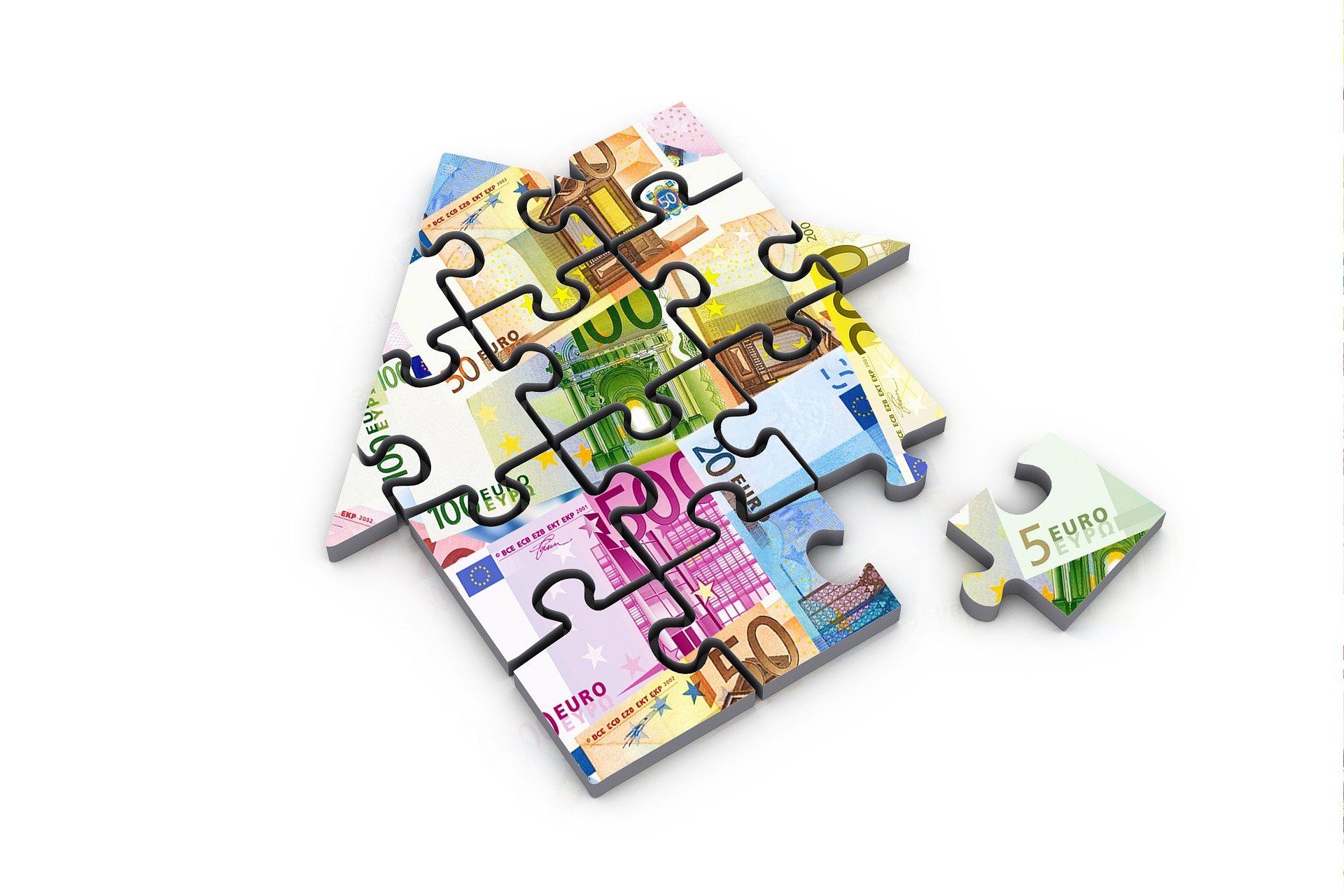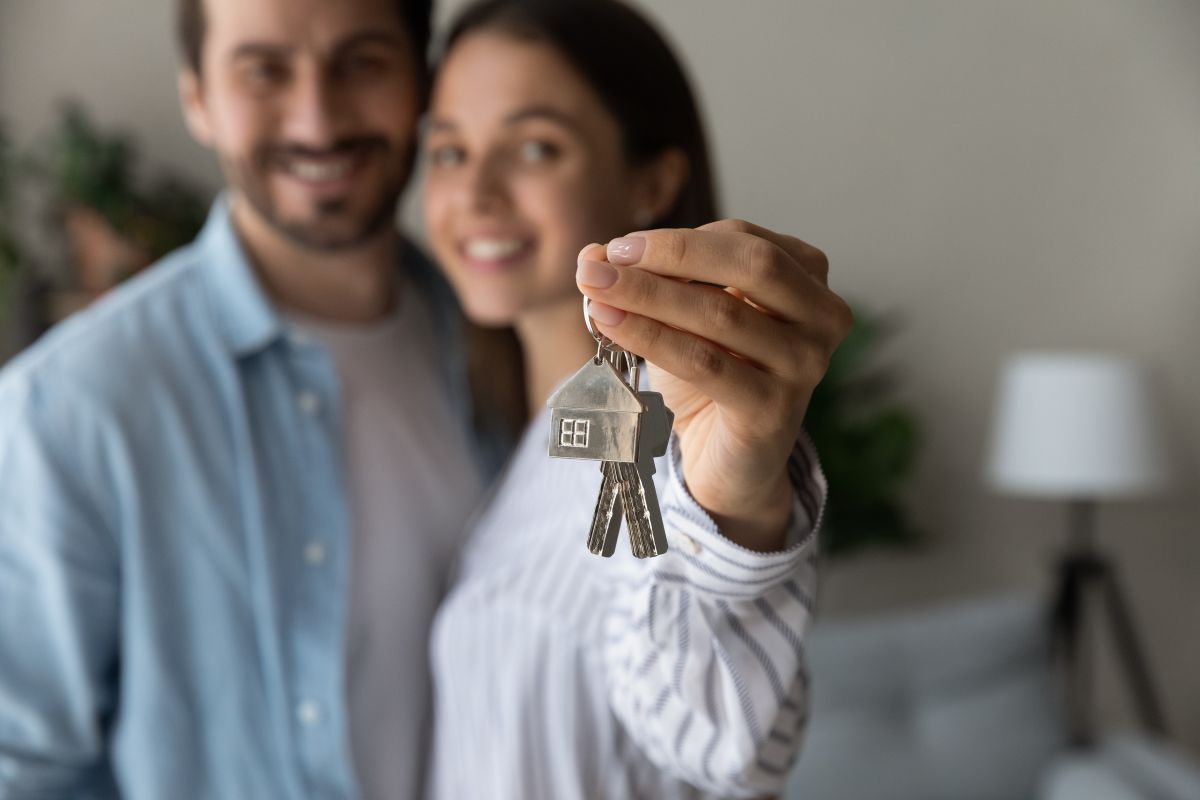Buying a house in Ireland is an exciting but expensive process. While most buyers focus on the property price, there are several hidden costs of buying a house in Ireland that can catch you by surprise. From legal fees to stamp duty, surveys, and moving costs, these additional expenses can quickly add up.
In this guide, I’ll break down the cost of buying a house in Ireland, outline how to calculate house purchase costs, and provide practical tips to manage unexpected expenses.
Key Hidden Costs of Buying a House in Ireland
When purchasing a home, many buyers underestimate the extra expenses beyond the listed property price. These hidden costs can significantly impact your budget and, if unaccounted for, may lead to unexpected financial strain. Below is a breakdown of the key hidden costs to consider when buying a house in Ireland, ensuring you’re fully prepared for the true cost of homeownership.
Solicitor and Legal Fees
How much are legal costs when buying a house? One of the most crucial costs when purchasing a property is solicitor costs for buying a house in Ireland. Legal fees typically range between €1,500 and €3,000, depending on the complexity of the transaction and the solicitor’s rates. Make sure to get multiple quotes and understand what’s included in the price. On average, solicitor fees for buying a house in Ireland fall within this range, making it essential to budget accordingly.
Stamp Duty
Stamp duty is a mandatory tax that applies to all property purchases in Ireland, and it’s essential to factor the cost of stamp duty on a house purchase into your budget. The current rates are:
- 1% on properties up to €1 million
- 2% on any portion above €1 million
Since this cost is unavoidable, it’s crucial to calculate it in advance to avoid any surprises when finalizing your purchase. Understanding the cost of stamp duty on a house purchase will help you plan your budget more accurately and ensure a smoother transaction.
Survey and Inspection Fees
Before finalizing a home purchase, it’s crucial to assess the property’s condition to avoid costly surprises down the line. The cost of a survey for a house purchase varies depending on the level of inspection needed. A basic survey, which checks for visible defects, typically costs around €350. However, if a more in-depth structural inspection is required – such as for older homes or properties with suspected issues – specialists reports can exceed €1,000+. Investing in a thorough inspection can help identify potential problems early, potentially saving you thousands in future repairs.
Valuation Fees
Before approving your mortgage, lenders require a professional valuation to confirm the property’s market value. This independent assessment ensures the home is worth the amount you’re borrowing. Valuation fees typically range from €150 to €250, depending on the property and lender. While this cost is relatively small compared to other expenses, it is a mandatory step in securing your mortgage.
Mortgage-Related Costs
Securing a mortgage involves more than just loan repayments. There are several additional costs to consider, including:
- Mortgage broker fees – If you use a broker to find the best mortgage deal, they may charge a fee for their services.
- Bank valuation fees – Lenders require a professional valuation of the property to confirm its market value before approving your mortgage.
- Booking deposits – Some lenders may require a booking deposit to secure your mortgage offer.
Be sure to compare mortgage options, such as cashback mortgage deals, which can help offset these costs.
Insurance Costs
Before finalizing your mortgage, most lenders require both mortgage protection insurance and home insurance before closing a mortgage. These policies ensure financial security for both you and the lender in case of unforeseen circumstances. Expect to pay:
- Mortgage Protection Insurance: Typically costs between €20-€50 per month, depending on factors such as age, health, and coverage level.
- Home Insurance: Expect to pay €300-€800 annually, with premiums varying based on property value, location, and coverage type.
Additional Costs When Buying a House
Beyond the down payment and mortgage, buyers must budget for additional costs when buying a house, which can significantly impact the total expense. Below is a breakdown of some additional common costs to help you plan your home purchase effectively.
Utilities Setup and Connection Fees
Setting up gas, electricity, and broadband can cost anywhere from €150 to €500, depending on service providers and connection fees.
Moving Costs
Hiring professional movers or renting a van can cost between €300 and €1,500, depending on the distance and volume of belongings.
Renovation and Furnishing Expenses
Once you move in, you may need to budget for:
- Furniture and appliances (can range from €5,000+ for a basic setup).
- Home improvements and repairs (varies depending on property condition).
How to Calculate House Purchase Costs
Buying a home involves more than just the property price. Throughout this guide, we’ve already explored the various costs associated with purchasing a home, from stamp duty and solicitor fees to mortgage-related expenses and moving costs.
Understanding these costs in advance will help you plan your finances effectively and avoid unexpected surprises. Below is a breakdown of the key expenses to consider when calculating the total cost of buying a house in Ireland.
To calculate house purchase costs, factor in:
- Property price
- Stamp duty
- Solicitor fees
- Survey and valuation costs
- Mortgage-related fees
- Insurance premiums
- Moving and setup expenses
A mortgage broker can help you estimate total costs and find cost-saving opportunities.
Tips for Managing Hidden Costs When Buying a House in Ireland
From legal fees and survey costs to moving expenses, the hidden costs of buying a house in Ireland can add up quickly. Planning ahead and budgeting wisely can help you avoid financial surprises. Below are key strategies to effectively manage these expenses and keep your home-buying journey on track.
Researching and Comparing Service Providers
Shop around for solicitors, surveyors, and movers to get the best deals.
Negotiating Solicitor Fees and Other Costs
Many fees are negotiable! Don’t hesitate to ask for discounts or package deals.
Avoiding Common Pitfalls That Lead to Unexpected Expenses
Unexpected costs often arise from:
- Overlooking structural issues
- Ignoring lender requirements
- Not budgeting for insurance and taxes
Consult with a Mortgage Broker
A mortgage broker can help you find and apply for first-time buyer mortgage in Ireland with low deposits and ensure you’re fully aware of all costs associated with buying a house.
How MortgageLine Can Help You Save Money on Your Next House Purchase
At MortgageLine, we help homebuyers understand the hidden costs of buying a house and find the best mortgage deals. Whether you need advice on how much can I afford to pay for a house or how much money you can borrow for a mortgage, our expert team is here to guide you.
FAQs
How much money do I need to buy a house in Ireland?
In addition to the deposit (typically 10% of the property price for first-time buyers), you should budget for stamp duty, solicitor fees, surveys, and moving expenses.
What is the biggest cost after buying a house?
Your mortgage repayments and insurance costs will likely be your largest ongoing expenses.
How much is stamp duty when buying a house in Ireland?
1% for properties up to €1 million, and 2% for the portion above €1 million.
For expert mortgage advice and to save money on hidden costs, contact MortgageLine today!






